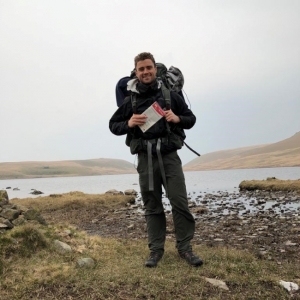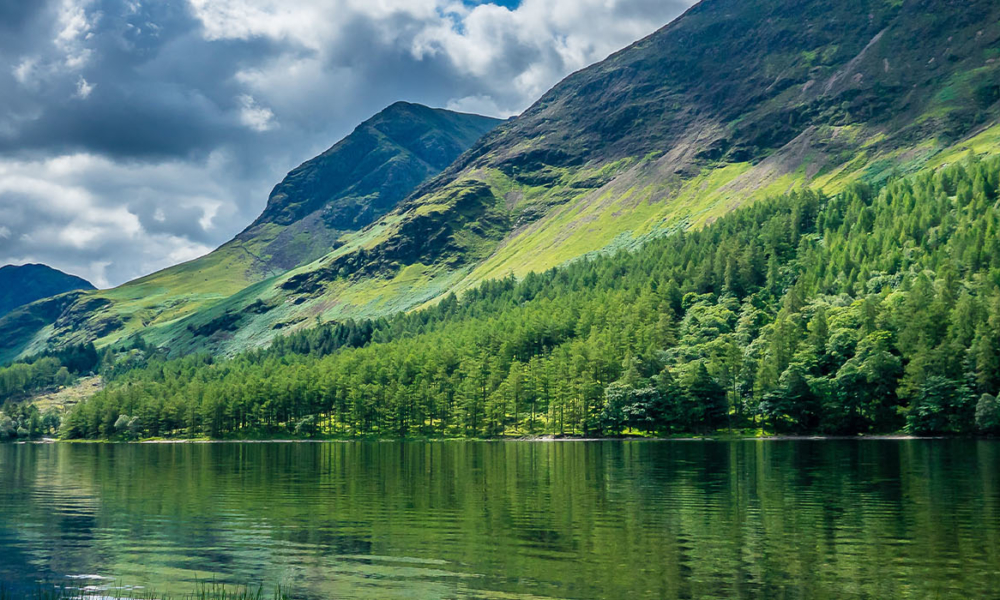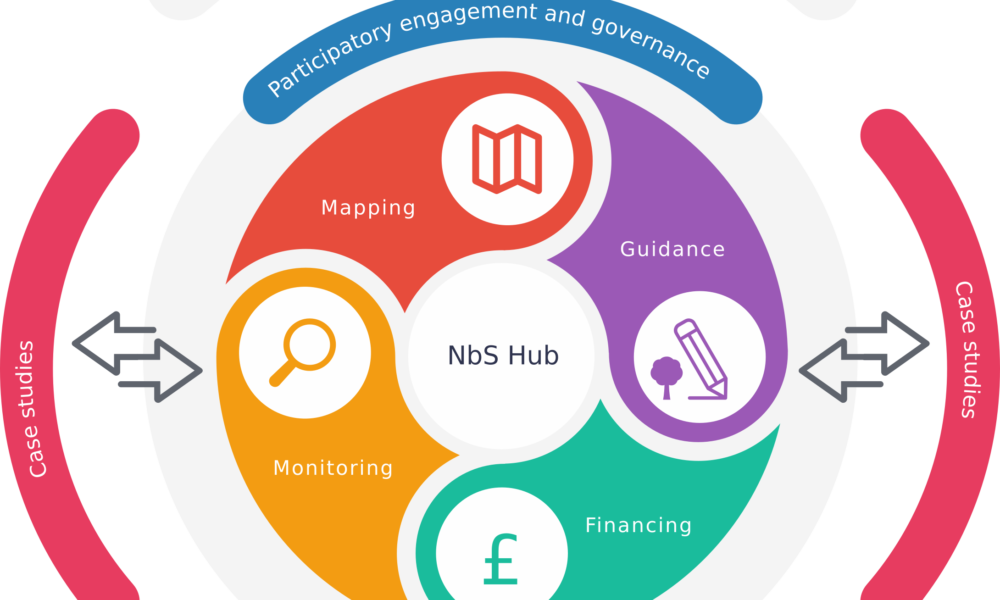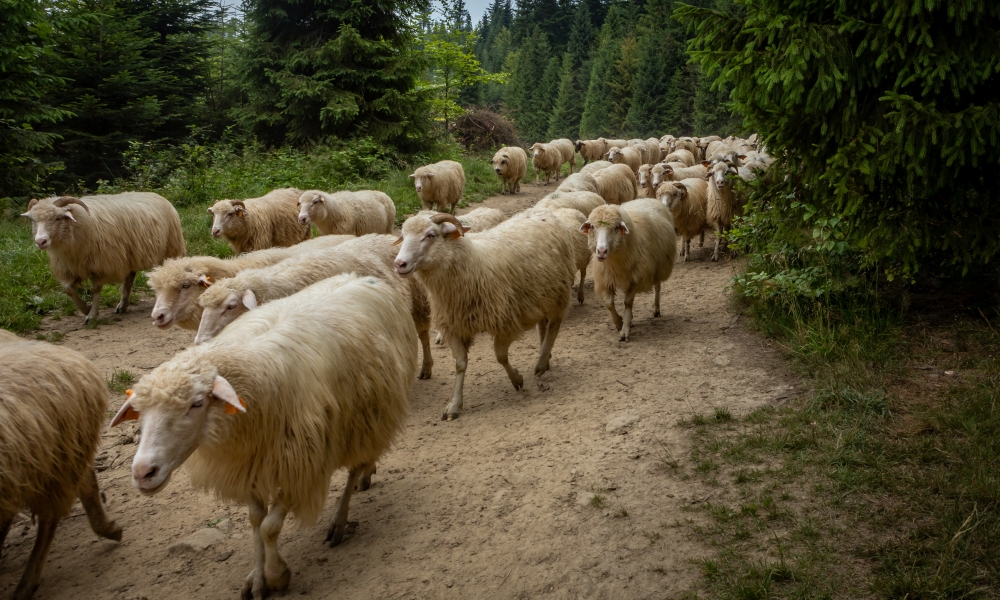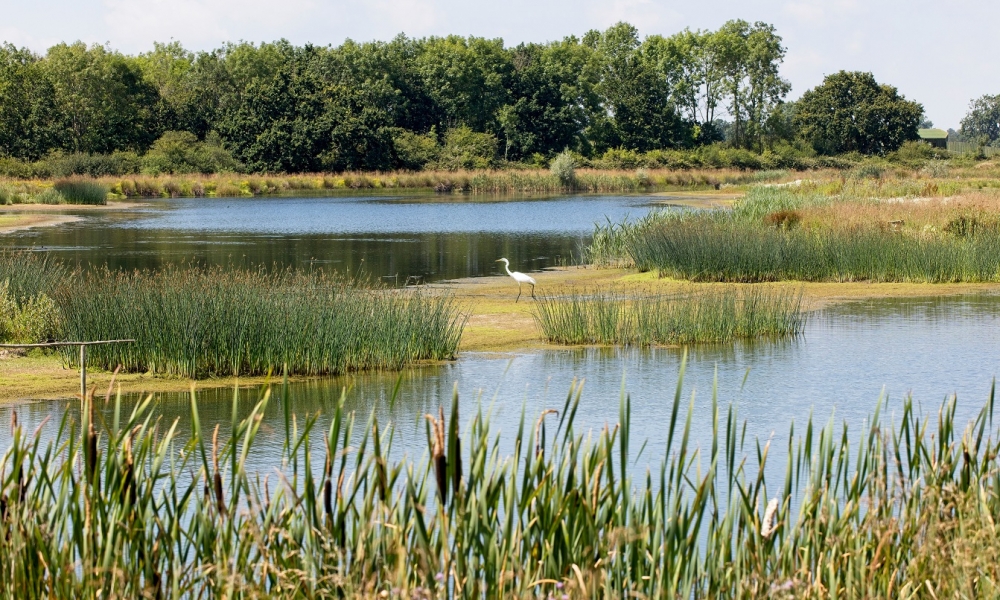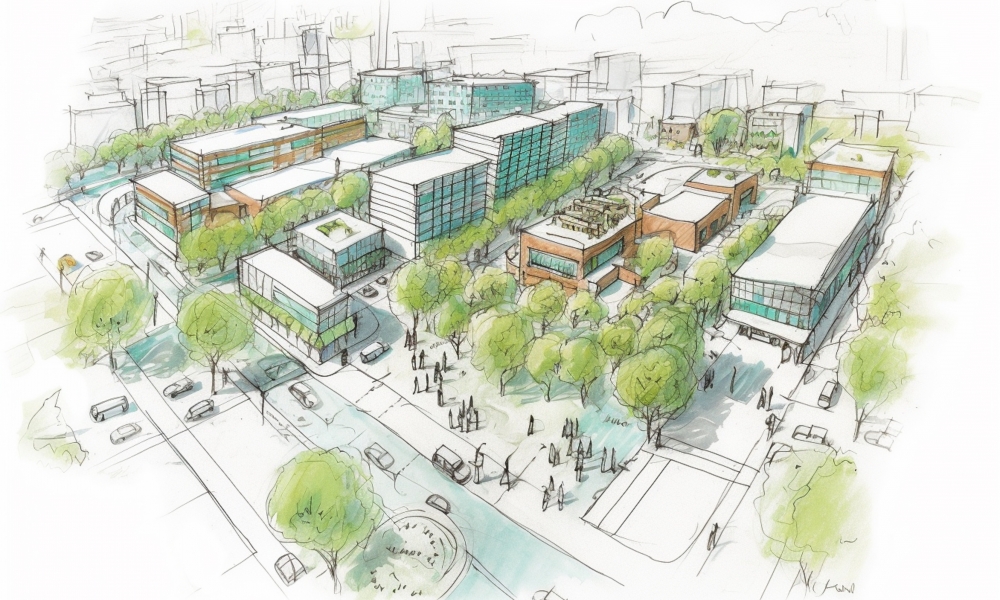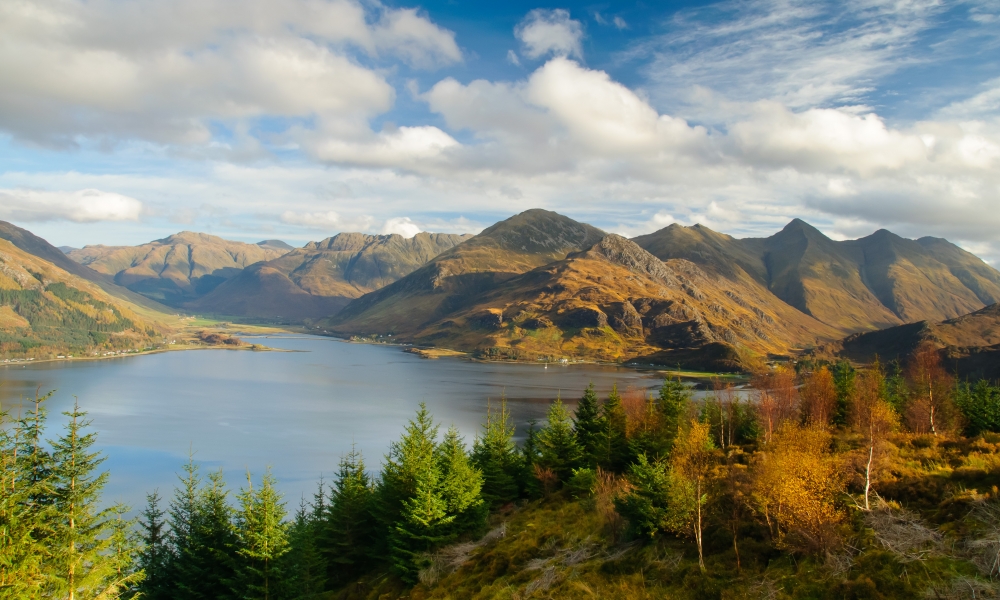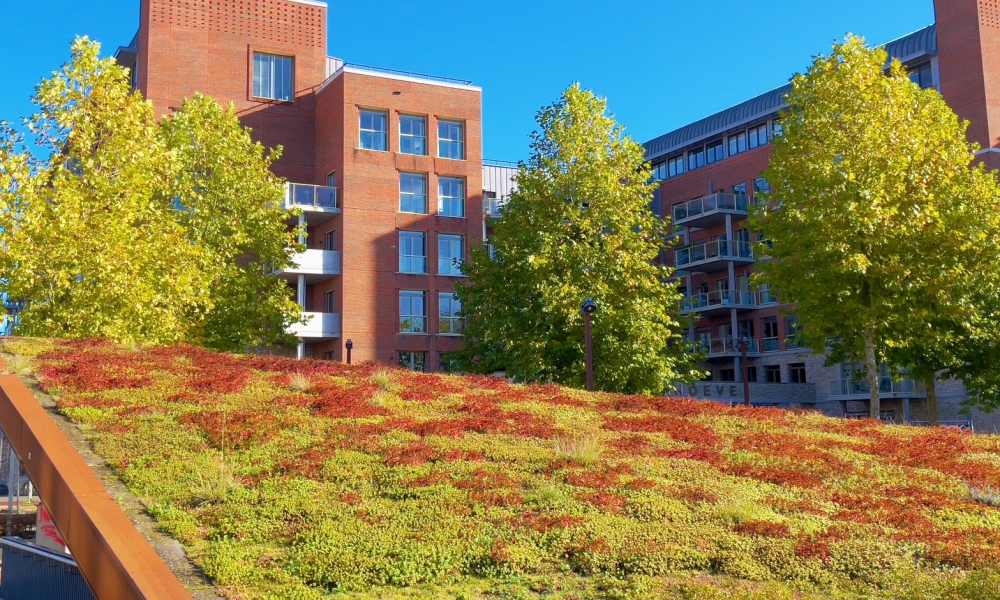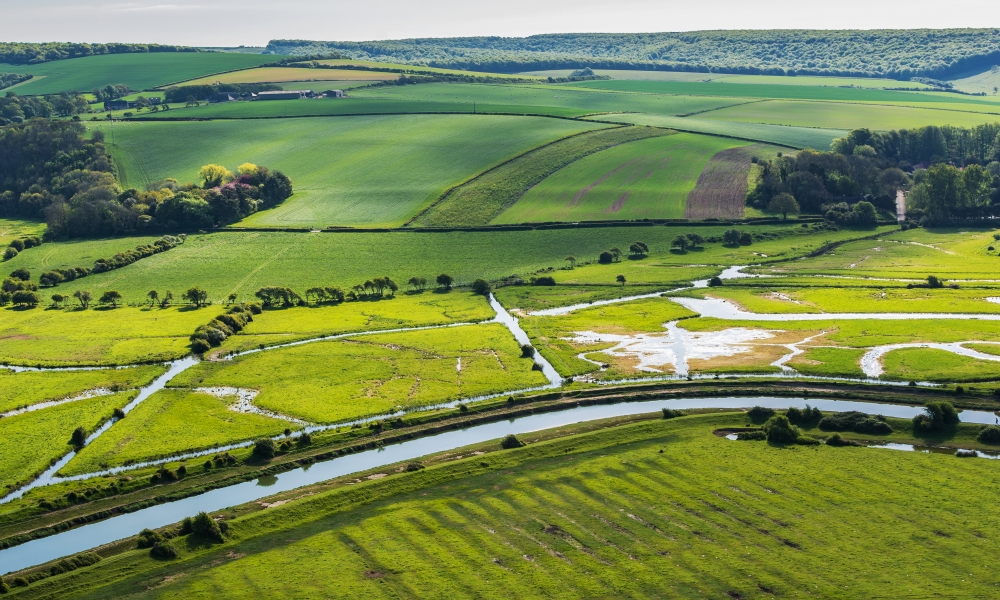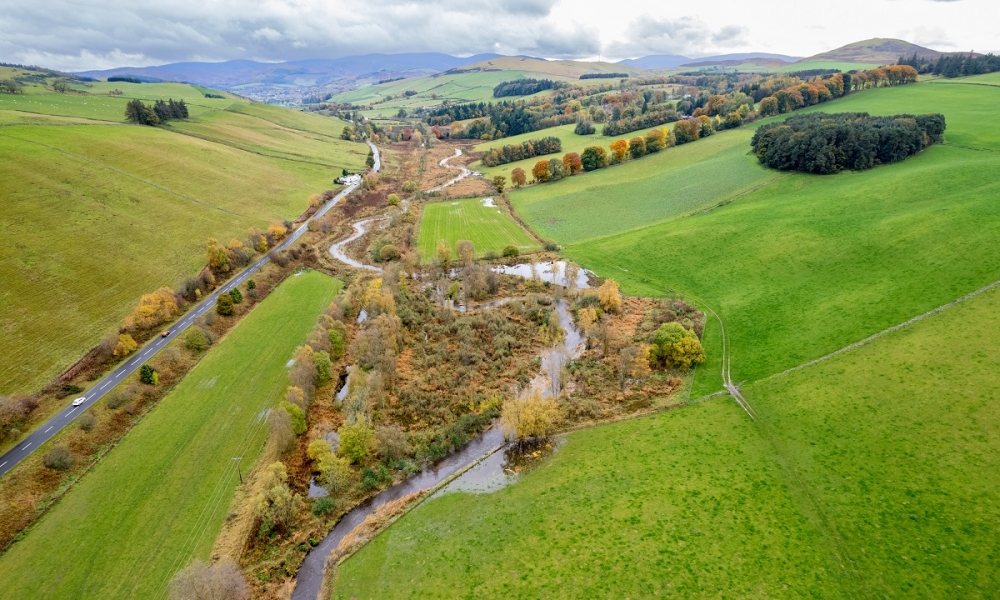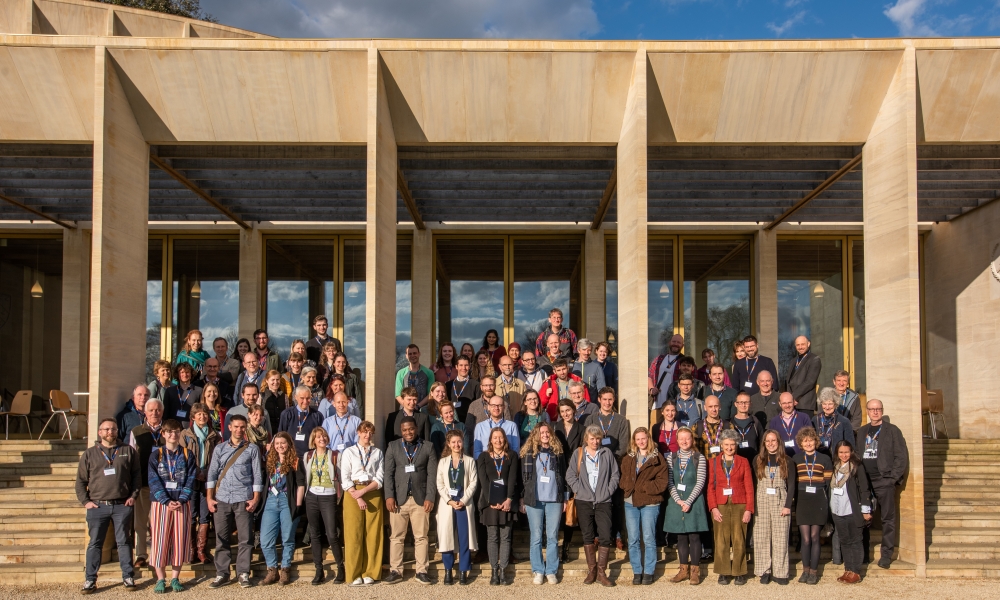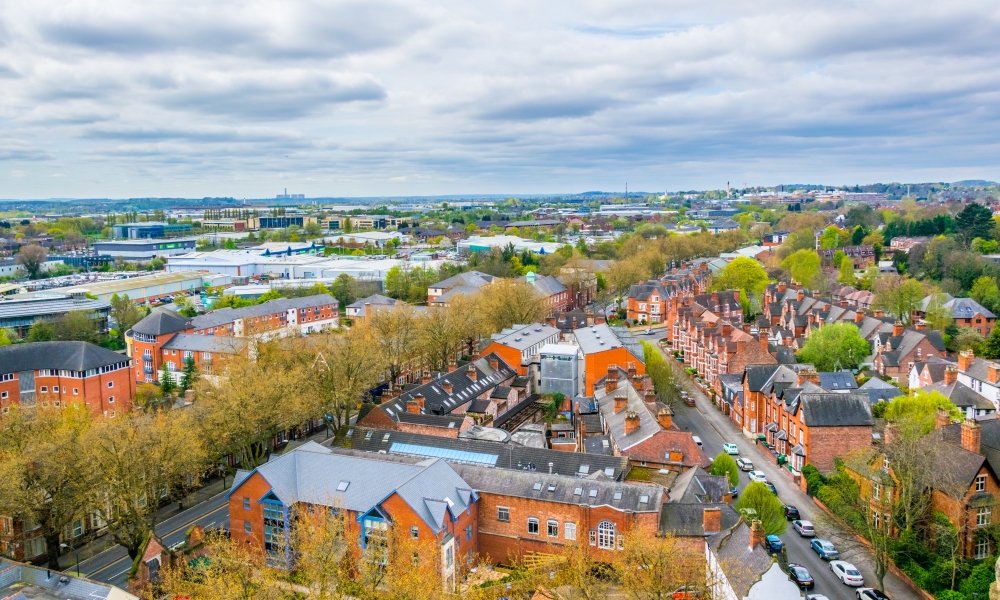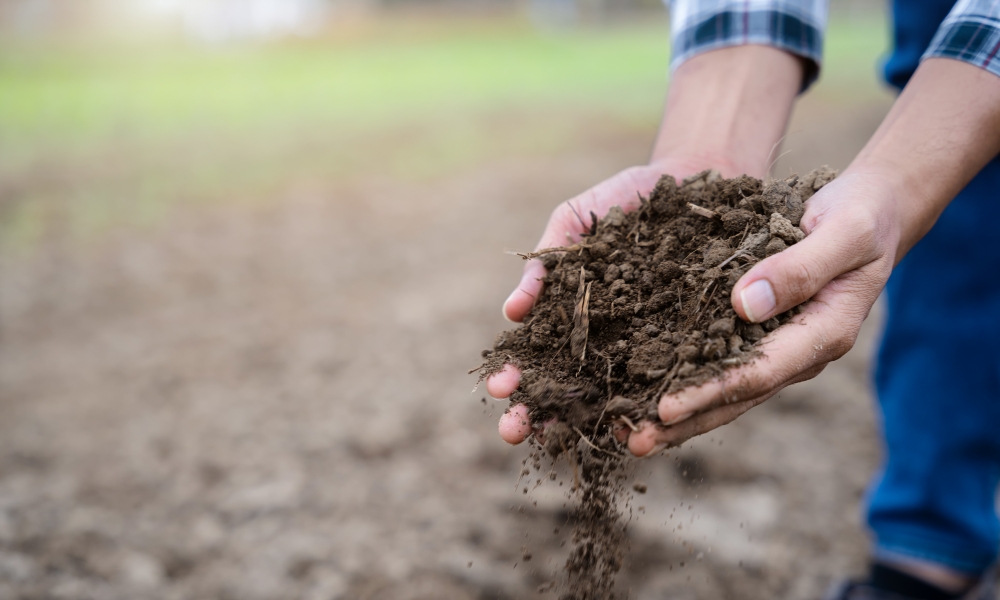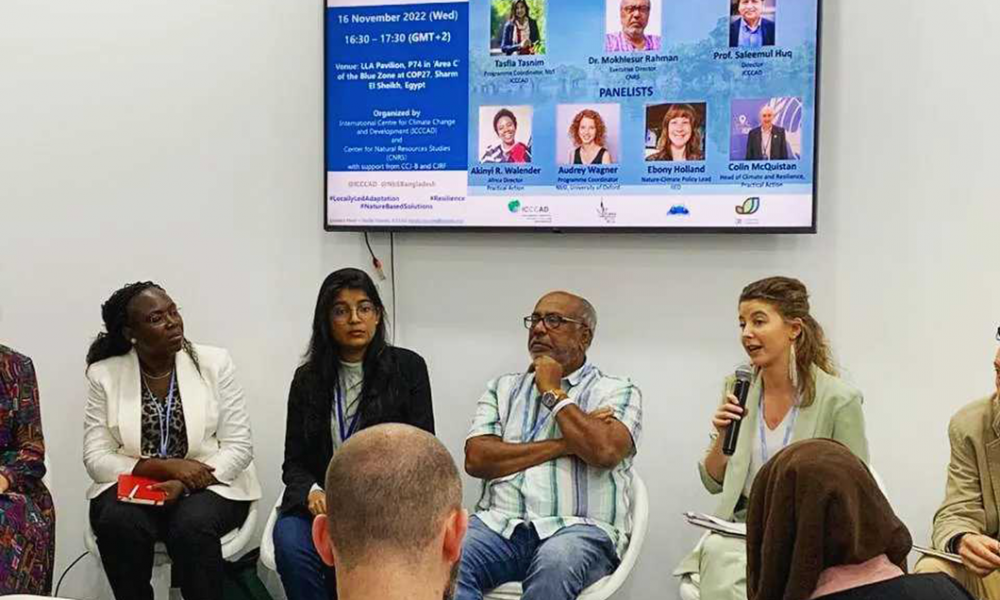How do we scale up Nature-based Solutions?
This Sprint ran from September 2022-November 2023
More Sprints
- Environment and National Security: Exploring Policy ‘Demand Signals’ and the Science Response
- How can action on deforestation strengthen the UK’s food system security and resilience?
- How can the UK improve flood resilience in the Thames Estuary?
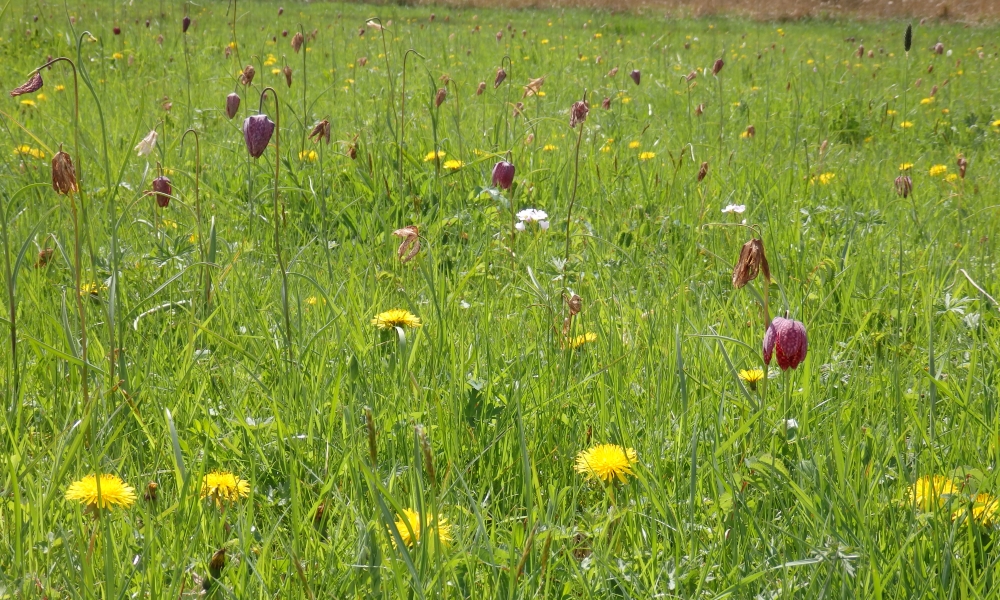
The Challenges
Nature-based Solutions (NbS) have huge potential to support climate mitigation, adaptation, nature recovery, food security, rural economy and human wellbeing, but implementation is slow and patchy.
Some interventions are poor quality, leading to adverse impacts and undermining legitimacy and social support. These are due to a range of barriers, including a lack of high-level policy support and funding, patchy evidence on the benefits of NbS, cultural barriers, governance challenges, and knowledge gaps on how to maximise benefits while reducing trade-offs.
There is a need to illuminate these barriers and identify enabling factors that support the deployment of high quality NbS projects that put the right NbS in the right places, working with local communities to balance competing goals and harness synergies. To address this challenge, the Sprint team identified three key objectives, which were refined through co-creation with key stakeholders. The Sprint aimed to:
- Develop tools and guidance to support practitioners in engaging with local communities and other stakeholders, identifying funding, strategically planning the delivery of a network of high quality NbS at landscape scale, and monitoring the outcomes.
- Model NbS potential at national scale, and provide key recommendations for policymakers on how to support effective NbS delivery.
- Develop and promote a set of compelling case study stories to inform and inspire both practitioners and policymakers, showing how high quality NbS can be part of a transition to a more sustainable society.
The Solutions
The Sprint researchers created tools to support the planning, implementation and funding of NbS activities. To plug the gap in understanding of NbS governance, a Recipe for Engagement was developed as a best practice guide for practitioners to engage meaningfully with stakeholders and the public. This was complemented with a funding finder tool, and an open source software package to help people create opportunity maps for planning nature recovery and NbS at landscape scale for any area in England. These, along with case studies and guidance documents were incorporated into the Knowledge Hub, an interactive library of resources from Agile and other freely available sources to act as a one-stop-shop to inform the planning and implementation of NbS. Additionally, the Sprint capitalised on policy opportunities that arose during the Sprint with submissions of written evidence, policy and research briefs.
The Pathway
This Sprint brought together a large team of researchers from ecology, geology, natural resource governance, environmental science, environmental social science, and soil science. Regular ongoing co-creation with stakeholders was enhanced by sharing indicative findings from the various workstreams. Input and guidance from stakeholders in Defra, BBOWT, Defra, Environment Agency, Highlands Rewilding, National Trust, Natural England, NFU, RBG Kew, UK CEH, WWF, University of Aberdeen and others helped to shape the direction of research and the primary outputs based on identified needs. This enabled the development of a range of easy-to-use tools that facilitate planning, funding, implementation, governance and monitoring of NbS and nature recovery at local, regional and national levels of scale. Further research and outputs will be taken forward by the Leverhulme Centre for Nature Recovery (LCNR).
What happened next?
Co-creation with a range of stakeholders was key to producing tools and outputs for use at different levels. The Sprint used DEFRA’s input on barriers and enablers to NbS to guide the research trajectory and inform the generation of tools such as the Opportunity Maps that augment DEFRA’s land use strategy. It also capitalised on policy opportunities as they emerged, generating written evidence and policy briefs relating to the National Adaptation Plan, soil health, and blue carbon code for UK seagrass, all informed by and relevant to DEFRA.














